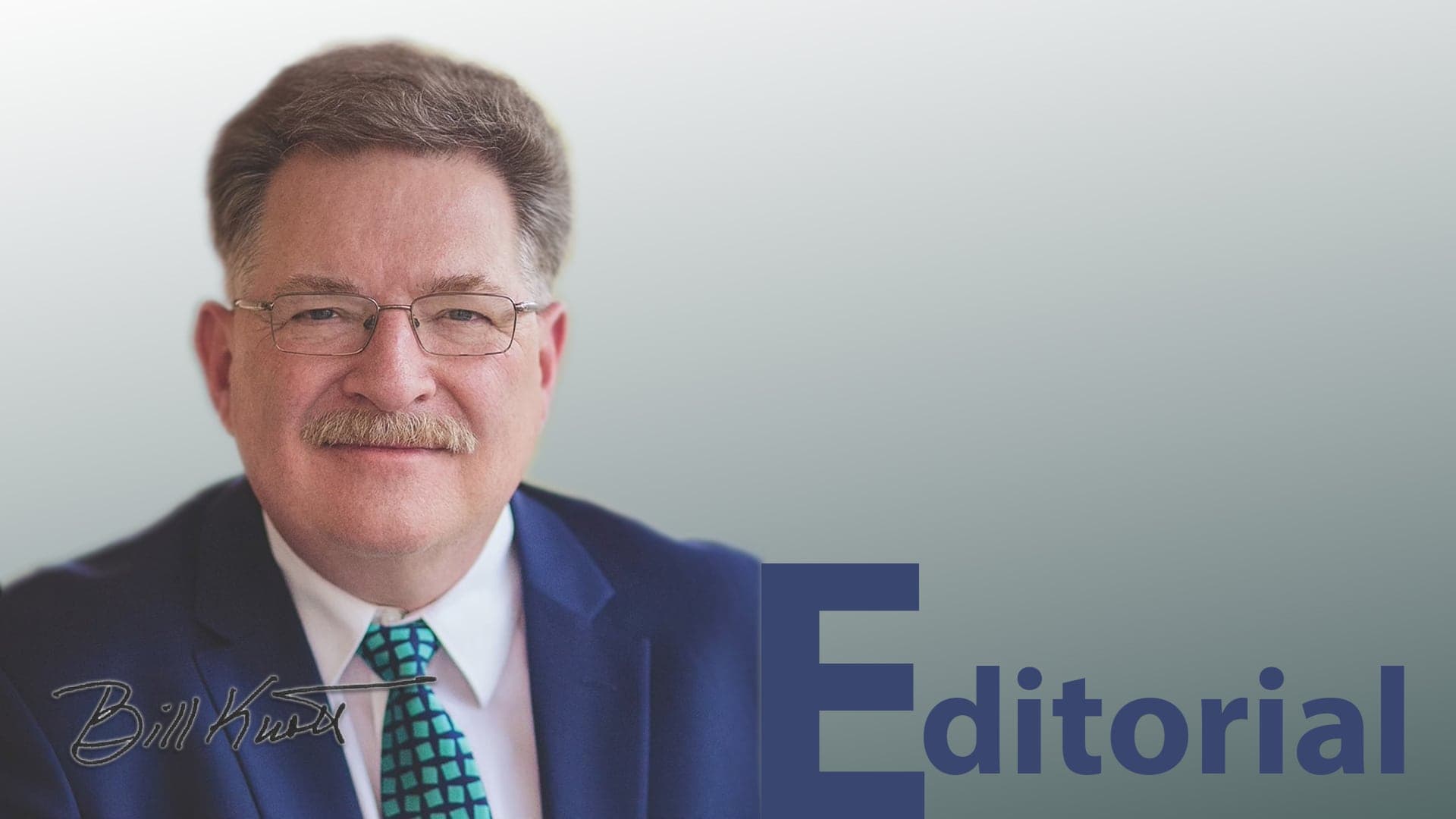
His words are half-remembered, pulled from many years ago, and mixed with images of crew cuts, lemonade, and riding my tricycle down the sloping driveway of our East Texas home.
The Adventist deacon described a morning years before when his father took him to a lynching—to where an unconvicted Black man hung from an oak deep in the woods, his body pierced by bullet holes. There was no sadness in the tale, nor was I supposed to feel any. This was the way things were.
Two thousand miles away, and well north of the Mason-Dixon line, I learned that another Adventist relative had once belonged to the Ku Klux Klan—“back when it was good,” or so the teller implied. And I recalled my relative’s great affinity for guns, for country, and for Whiteness. This was the way things were.
Not once, but twice the February worship services at the campus church my family attended were disrupted by bomb threats called in to stop Black History Sabbaths. We scattered in the biting February wind, aware that there were those within our church—our congregation—who hated what this Sabbath meant, who sought to bar the door, refuse an entrance; fueled by spite. This was the way things were.
I was too White and too naive to understand the day George Wallace was shot and permanently disabled by an assassin’s bullet in the city where I now live. The young Black woman at the reception desk pushed down the intercom “Talk” button and told the news excitedly to the Adventist dormitory. A circle of rejoicing filled the dorm: their oppressor had been taken out. The world looked hopeful suddenly, as if a liberation might be theirs when racist Pharaoh toppled over.
And there is more—a lifetime of unlearning attitudes my Adventist White culture wanted me to know—behind the hand; behind the door; the muttered anger at the “they ” and “them” who now were “welcomed” to the table. Why did administrators spit their venom when committee rooms were emptied, when they felt sure they couldn’t be heard?
Did I seem “safe” to racists because I listened to their bursts of anger and of privilege? Should I have called them out for failing to obscure their prejudice?
And what goes unacknowledged in my soul, the deeply subtle ways of framing what it means to be Christ’s body, His community? How do I get new eyes, new attitudes; a heart of flesh and not of unresponsive stone? When will I see as Jesus sees—without a different valuing; with conscious love, and paying full attention?
We will be practicing these skills until that day when Jesus breaks the barriers of cloud— and color—to weld a willing remnant into one gracious, strong , and egoless community. There, all will serve and all will reign, dissolving every rank and status. We will be welcomed to a table where grace makes all of us one people: the banquet will be spread for those of every hue and language and experience. “Then people will come from east and west, from north and south, and will eat in the kingdom of God. Indeed, some are last who will be first, and some are first who will be last” (Luke 13:29, 30, NRSV).
But that day never comes— and it has already tarried for a while—until we yield, we bend; until we wash another’s feet. Unlearning is the hardest thing we do, but Jesus still commands it. “Then he said to them all, ‘If any want to become my followers, let them deny themselves and take up their cross daily and follow me’ ” (Luke 9:23, NRSV).
I’m reaching for the basin and the towel. Will you?